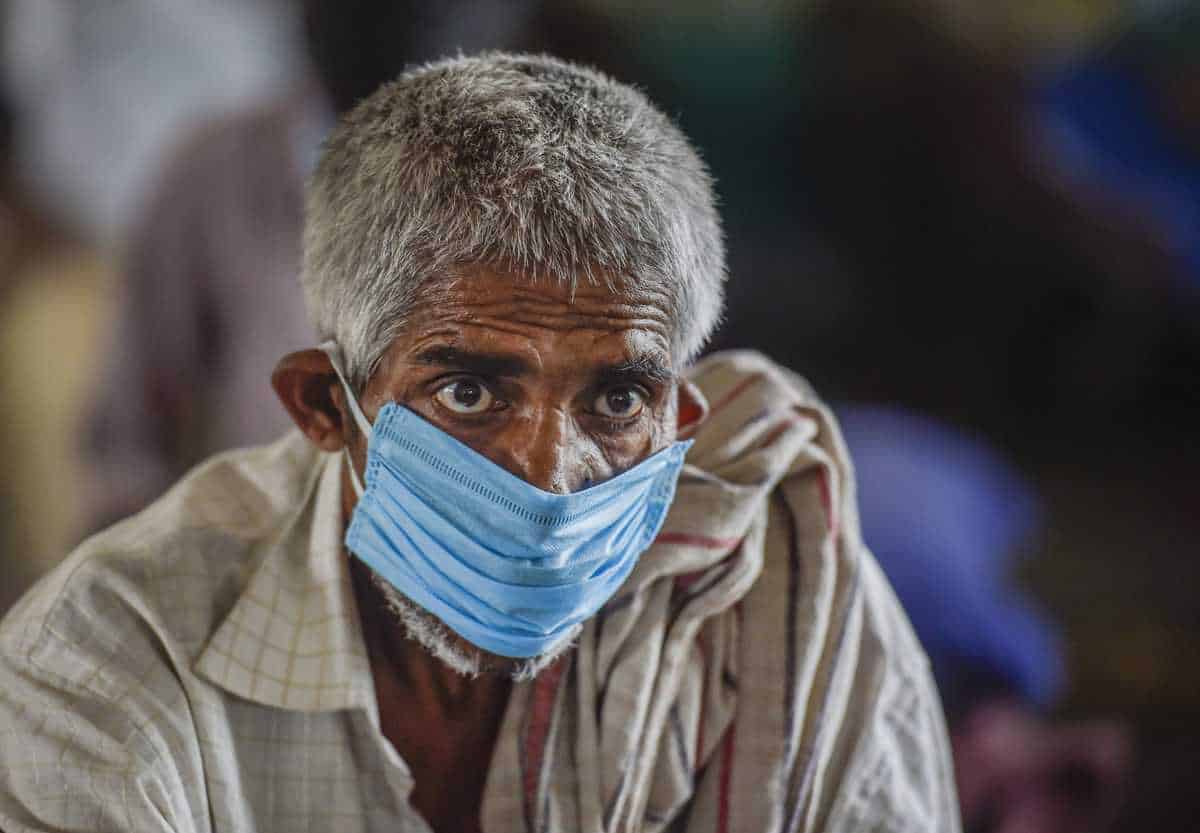New Delhi: Having witnessed lethal Covid-19 pandemic during the second wave, India is on stage of possible third wave, however, the subsequent wave (3rd wave) seems unlikely to be as severe as the previous one, said medical experts.
Senior doctors in government-run hospitals in Delhi were of the view that there is possibility that the next wave is likely to come during September and October but, if Covid appropriate behaviour is not followed properly, it may be possible that the subsequent wave may start from August.
Dr N.K. Arora, a member of Indian Council of Medical Research (ICMR), talking to IANS said, vaccination along with Covid appropriate behaviour will play a crucial role in minimizing the effect of subsequent wave. “The analysis indicates that vaccines almost all Covid vaccines, be it India made or overseas, are highly effective against Covid. Not 100 per cent but, now it has proved that vaccines will minimise the damage. Even if it reduces the number of deaths, it means that we have something to control deadly pandemic. So the vaccination is going to play a very important role in the next wave.”
Arora, however, added that it will also depend on new variants and their level of transmission and effectiveness, as every new variant, emerging one after another, is different.
The first wave of Covid-19 pandemic in India had begun in late January 2020 with a peak attained in mid-September. The first wave was relatively mild compared to the second wave that followed, from mid-February 2021 onwards, exhibiting a more explosive spread across the country.
Dr Arora further said that a major factor behind the deadly second wave was emergence of more-infectious variants such as B.1.1.7 (Alpha variant) and B.1.617.2 (Delta variant), of which the latter has played a dominant role in recent months.
“We need to understand that new variants will emerge one after another but, we need to have focus on protective solution instead of running behind every new variant,” Dr Arora added.
Recently, ICMR along with Imperial College London (UK) has also conducted a study on rapid scale-up of vaccination efforts, which according to Dr Arora, could play an important role in mitigating the present and future waves of the disease.
Medical Director of Rajiv Gandhi Super Specialty Hospital (RGSSH), Dr B.L. Sherwal, talking to IANS said, “It has been learned that the current data does not support the circulating strain is causing more severe disease, especially in terms of more deaths. Secondly, we have a large number of people who already got the infection. So there is huge possibility that the next wave will not be as serious as the last one.”
Dr Sherwal further advised that people should use digital mode of communication as much as possible, that would reduce physical meetings. “After two consecutive waves of the Covid-19 pandemic, majority of people have become used to digital mode of communication and they must use it for their safety reason,” he added.

